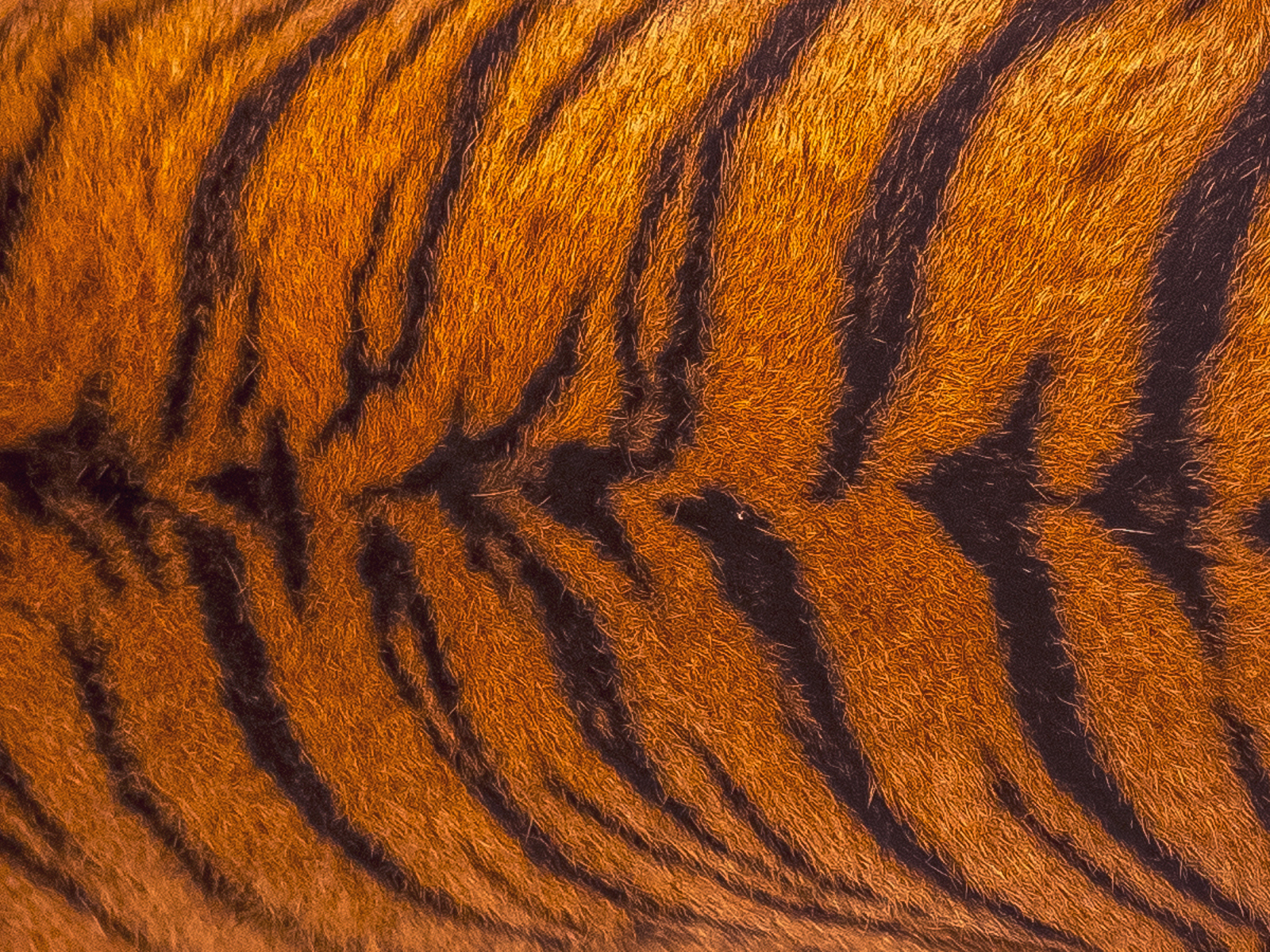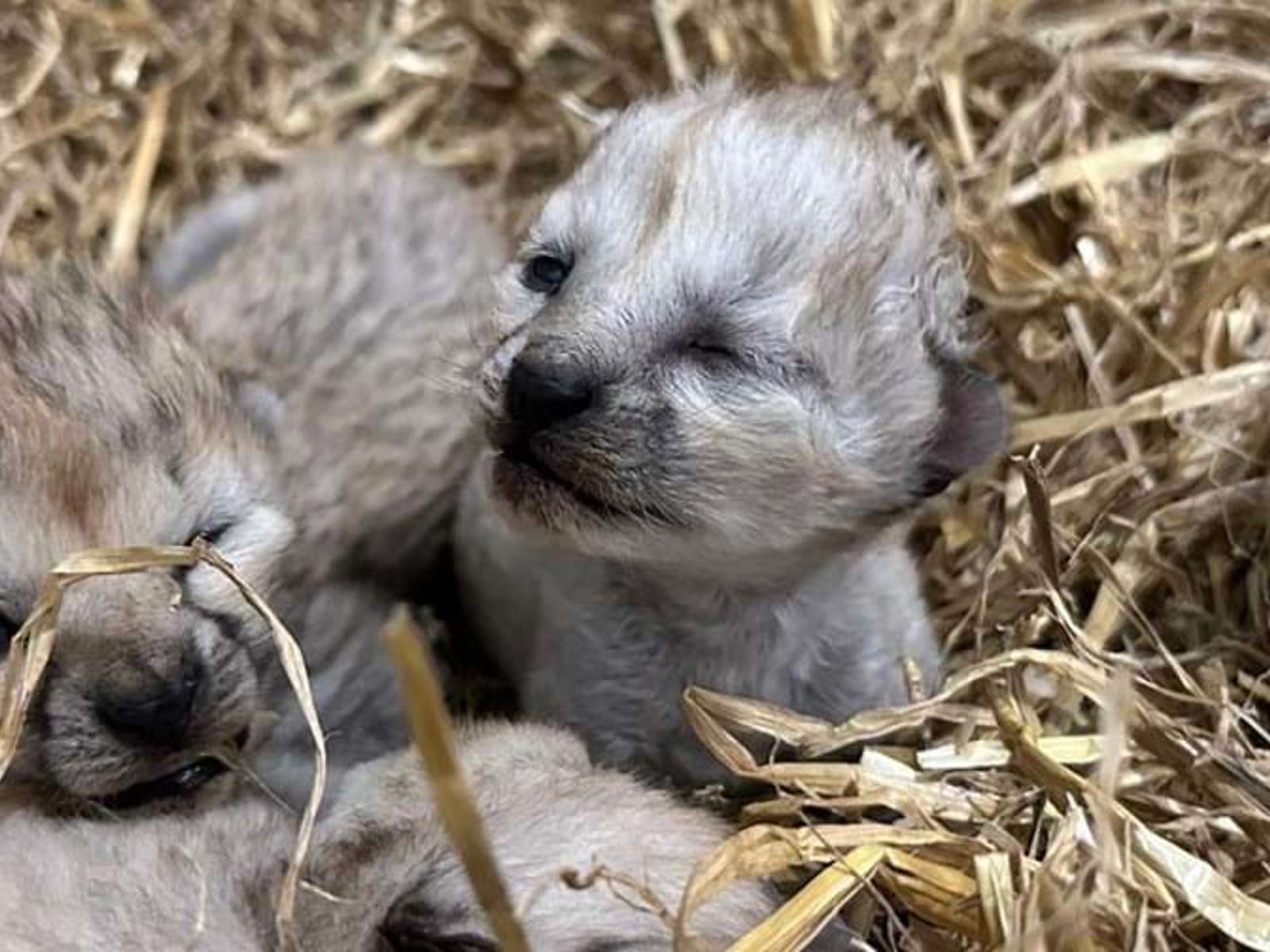
Four Adorable Cheetah Cubs Born at Yorkshire Wildlife Park
Yorkshire Wildlife Park Is celebrating another major conservation breeding success with the arrival of four adorable Cheetah cubs, the first to be born at the award winning park in Auckley, Doncaster.
22 May 2024
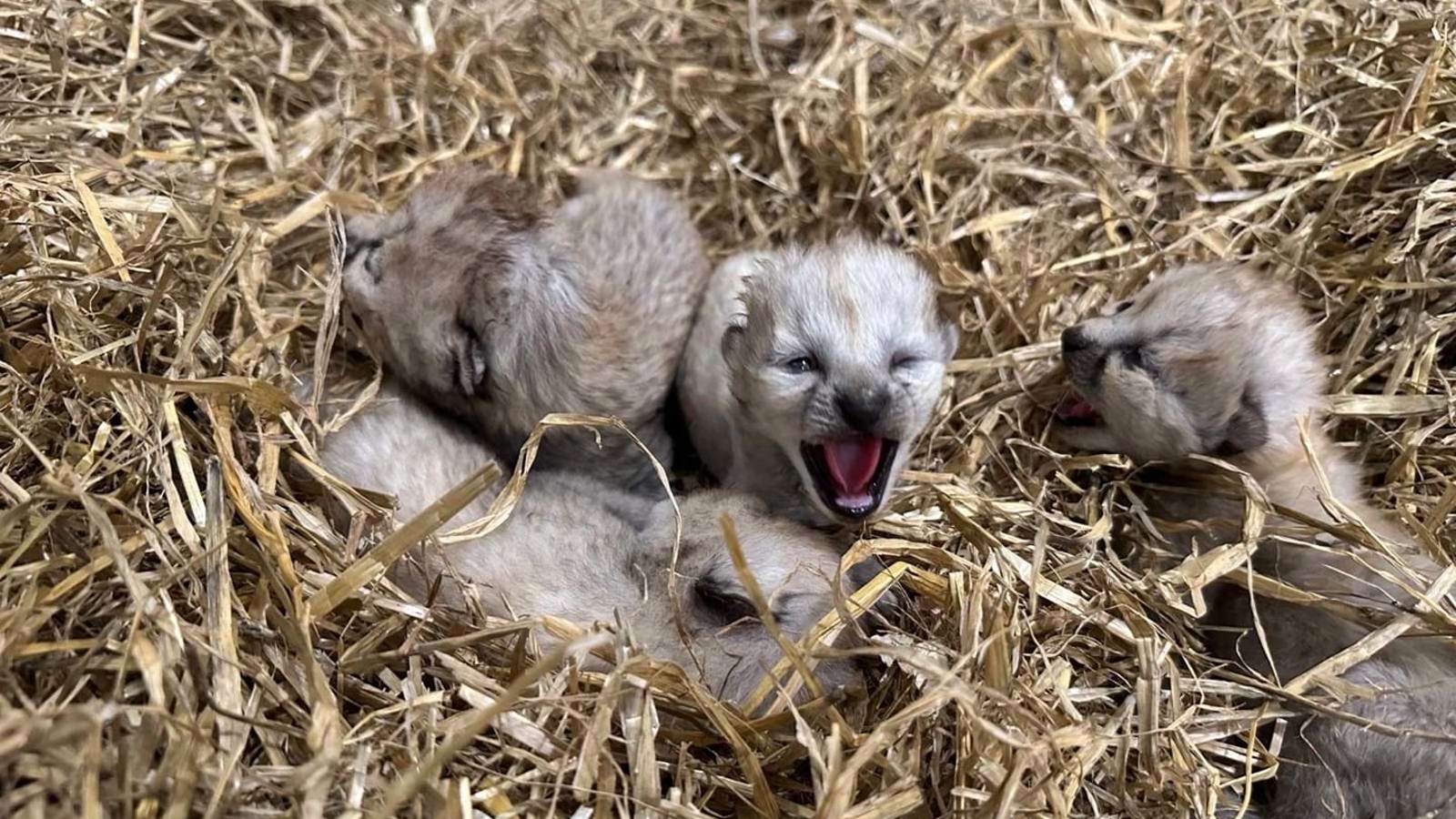
Mum Darcy gave birth last week only nine months after arriving at the park on the recommendation of the European Endangered Species Programme.
Now she is spending all her time nurturing her newborns in their house in Cheetah Territory.
Director of Animals Dr. Charlotte Macdonald said:” We are incredibly excited at the arrival of the Cheetah cubs. It happened far sooner than we dared hope.
“In the wild, female Cheetahs are solitary so Brooke was introduced to her just for breeding purposes and Darcy is now alone with her cubs.
“It will be a while before the cubs come out in the reserve, but visitors can already see them on a screen at the park via cameras in their house.”
The two magnificent Northern Cheetahs arrived last August at the new purpose- built Cheetah Territory that covers 10,000 square metres of specially designed habitat last August.
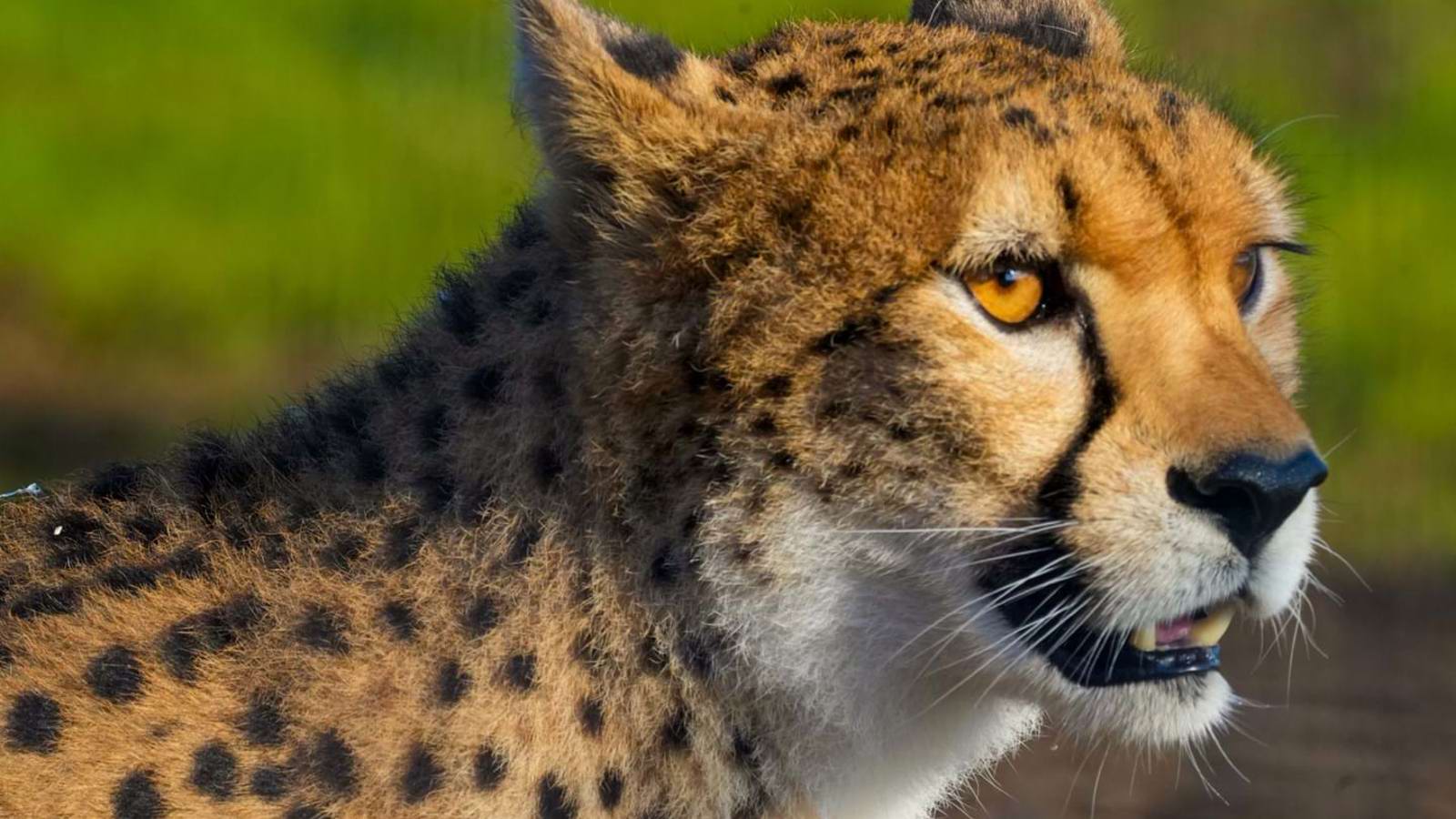
Darcy, who is four years-old, travelled from Ireland’s Fota Wildlife Park while 14 -year-old male Brooke arrived from the Bristol Zoo Project.
Rangers introduced them gradually and were delighted when Darcy started showing signs of being pregnant. She gave birth on Monday, May the 13th.
The Cheetah Territory at YWP in Auckley, near Doncaster, comprises of three reserves and two houses forming a breeding complex which at approximately 2.5 acres is believed to be the largest in Europe.
Dr. Macdonald added:" The landscape is enriched with lots of trees, rocks, sandy areas to relax, caves and lookout points. Cheetah have excellent sight and can see prey up to 3 miles away,
“Cheetah Territory houses Brooke and Darcy separately, as they would in the wild. The reserve has separate male and female savannah grassland inspired areas where they can run and roam and ‘homes’ where they can withdraw to rest and sleep.”
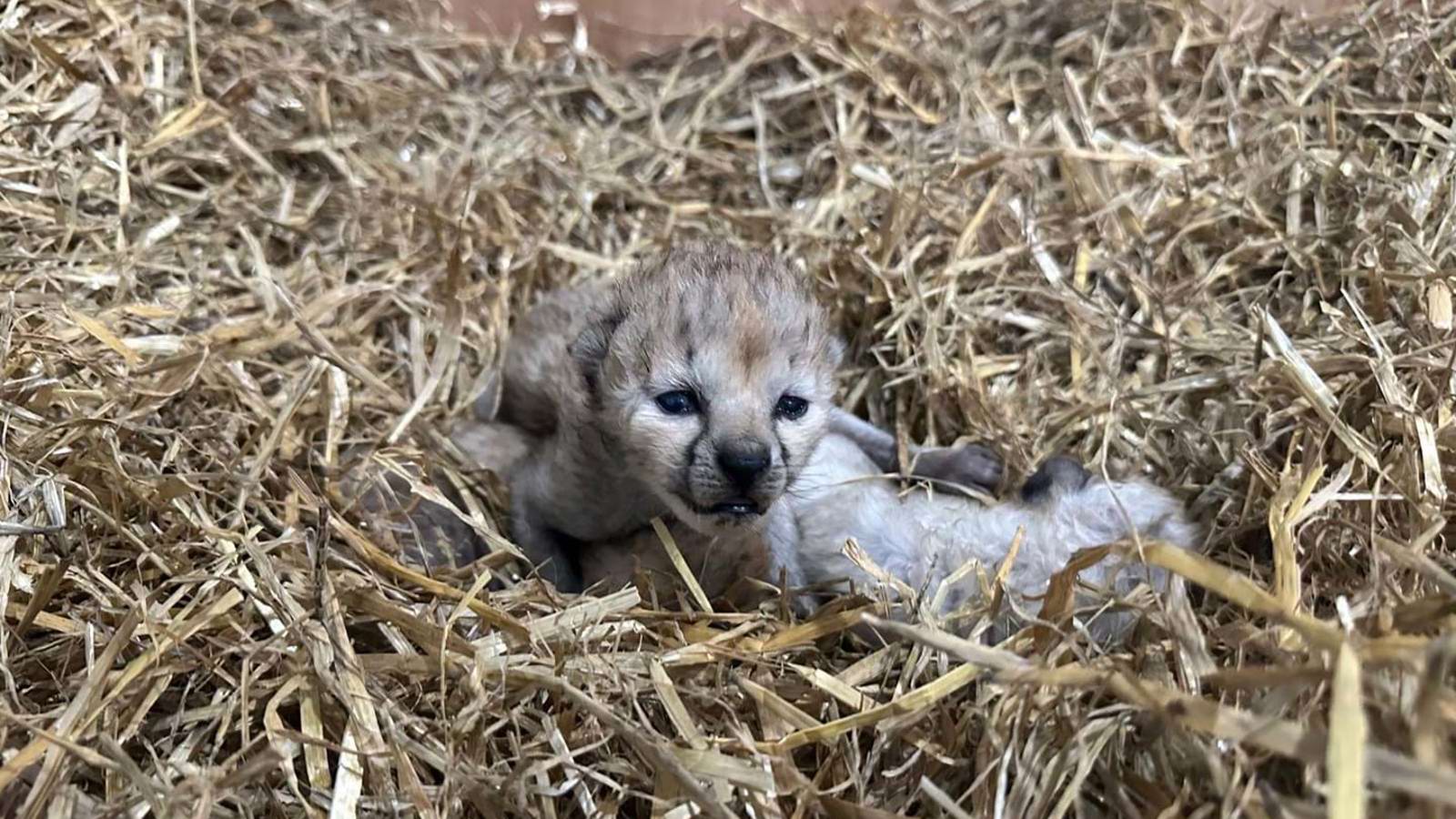
Cheetahs are regarded as one of the oldest of the world’s big cat species and were considered sacred by the Egyptians.
Today, they are considered vulnerable by the IUCN with around 7,100 estimated to live in the wild. Their numbers are under threat from habitat loss, poaching and pollution.
Cheetahs were once one of the most wide-spread carnivores on the planet but are now mainly confined to Southern Africa with small numbers in East and North Africa and a population of less than 30 in Iran.
Yorkshire Wildlife Park and the WildLive Foundation, which is based at the park, will be supporting cheetah conservation in the wild raising awareness and supporting initiatives with conservation partners.
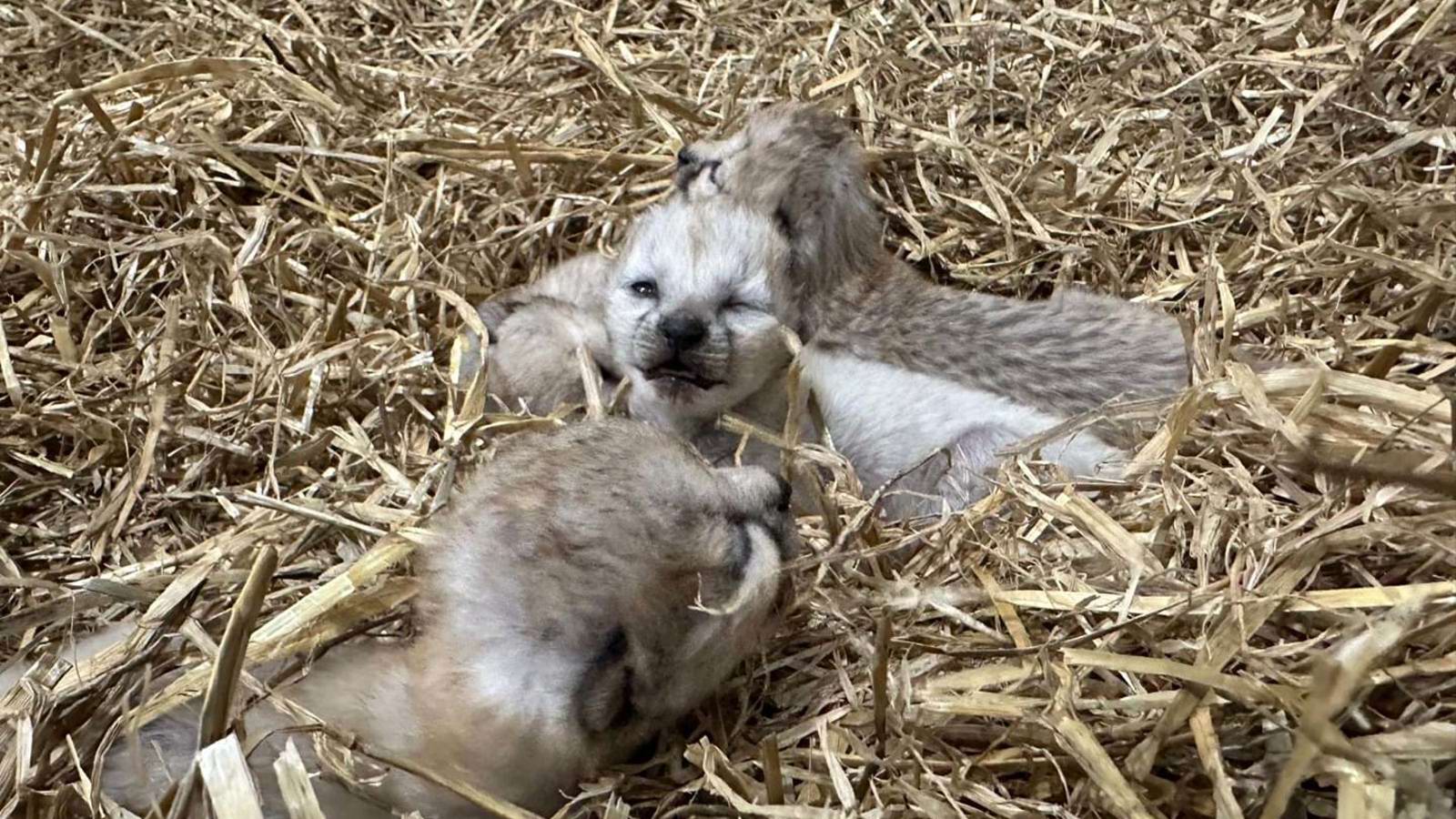
Renowned as the fastest land animal on the planet, Cheetah can reach speeds of up to 75 mph for short periods (and can reach 60 mph in 3 seconds). As a comparison, Usain Bolt is known as the world’s fastest man and he can reach speeds of 27 mph.
The cheetah is physically adapted for speed with an aerodynamic shape, light frame and long legs. Its spine is superbly flexible which combined with its ‘free floating’ shoulder blades (not attached to the collar bone) allows for extreme extension.
“Yorkshire Wildlife Park’s mission centres on wildlife conservation, education, and animal welfare whilst providing a safe and natural habitat for endangered species,” continued Dr. Macdonald.
“Visitors to the park will now have the opportunity to observe these incredible cubs up close, while also learning about the challenges they face in the wild and how they can actively contribute to their conservation.”
The award-winning park is a leading force in animal conservation and has an ever growing big cat population. It is also home to endangered Amur tigers and the lions recently rescued from the Ukraine. Last June, the Park was also successful in breeding the only surviving Amur leopard cub born in Europe in 2023.
YWP, which puts conservation at the heart of all its activities, offers visitors a mesmerising walk-through experience coming almost face to face with some of the world’s most beautiful and at risk species, including Polar Bears, Black Rhinos, Giraffes and African Painted dogs.
Subscribe
Get the latest news & offers from Yorkshire Wildlife Park!




